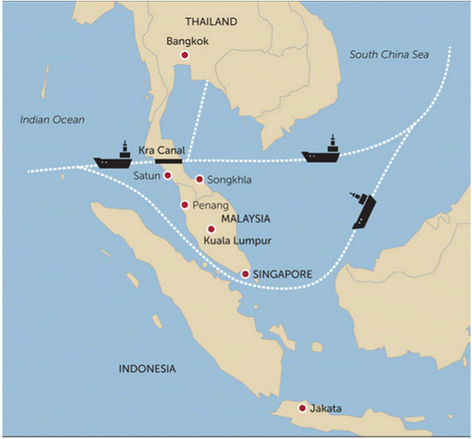KUALA LUMPUR: Malaysia, just like many other countries not only within the region but elsewhere, is battling the odds to ensure economic growth.
While many issues that have been affecting global growth remain unresolved, the world was hit with the outbreak of COVID-19 that could further hamper this.
The International Monetary Fund (IMF) has announced that the disease could shave between 0.1 and 0.2 percentage points off the global growth rate but noted that this could be followed by a sharp and rapid rebound.
Malaysia, as an open economy, is not isolated from these external developments.
COVID-19 is expected to affect the country’s economic growth for the first quarter of this year.
Although it is too early to assess the full impact of the outbreak globally and the country specifically, the government has decided to come out with a stimulus package for aviation, retailing and tourism to mitigate any adverse repercussion of COVID-19, which originated from Wuhan, China.
Last month, Bank Negara Malaysia (BNM) unexpectedly cut the overnight policy rate by 25 basis points to 2.75%, the lowest since March 2011, and said there is room for another cut to boost economic growth.
Malaysia is well prepared, as it has always been.
But all the assurances and preparedness is only possible with a stable government as it is the utmost benchmark of any investor, domestic or international.
Extensive talk of a change of guard or anything along the lines would impact the already-soft economic environment as it is well known that Malaysians at large and investors specifically saw such a transformation for the first time in six decades when Pakatan Harapan won the general election in 2018.
Perhaps this is the new norm in Malaysia that needs to be accepted in line with the saying “change is inevitable”, provided the government’s focus on expanding the economy, attracting foreign direct investments and generating jobs is not derailed.
In the 2020 budget, Malaysia revised the 2020 fiscal deficit target to 3.2 per cent of gross domestic product from three per cent previously amid a possible decline in revenue.
For the government to achieve the target, the economy needs to keep growing.
All the various infrastructure projects that were previously halted and have been given the green light to proceed shouldn’t face any distraction.
The Malaysian economy in 2020 is expected to be supported by infrastructure works valued at about RM120 bil, namely the Pan-Borneo Highway, Light Rail Transit 3, Mass Rapid Transit 2 and East Coast Rail Link connecting Port Klang to Kota Bharu.
Other initiatives include the building of Bandar Malaysia with a gross development value of RM140 bil, as well as the five-year Malaysia@Work job programme that will provide 350,000 job opportunities for the unemployed by giving a monthly wage incentive of RM500 to workers and RM300 monthly to employers for hiring local workers.
For all these and many other initiatives to yield results, political stability, which has always been the country’s strength, should be – Feb 24, 2020, Bernama










